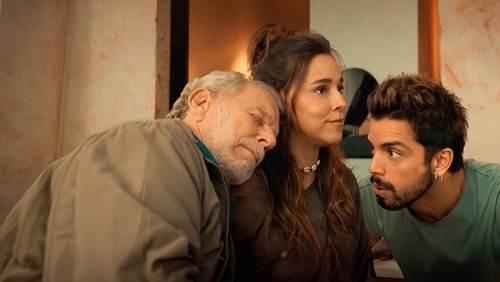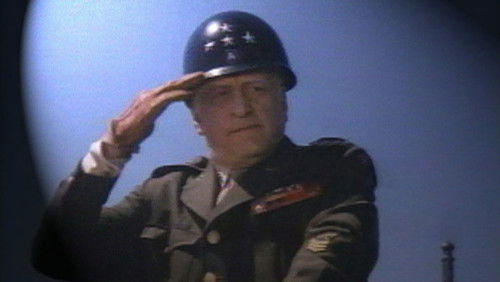Coming home – Sie kehren heim (1978)
34KComing home – Sie kehren heim: Directed by Hal Ashby. With Jane Fonda, Jon Voight, Bruce Dern, Penelope Milford. A woman whose husband is fighting in Vietnam falls in love with another man who suffered a paralyzing combat injury there.
“Sadly and surprisingly relevant, u0026quot;Coming Homeu0026quot; offers the perspective of one man whou0026#39;s war experience renders him not only paralyzed but unable to deny his own real life experience as a wartime soldier to the extent that he can continue supporting his governmentu0026#39;s patriotic dogma that one man should kill, torture or oppress other soldiers, men, women and children to defend motives he now views, from a wheelchair, as questionable. Awakening to this perspective is a woman who, attempting to aid the war effort and make herself useful during her husbandu0026#39;s time of military service to his country, volunteers her time at the local Veteranu0026#39;s Hospital. u003cbr/u003eu003cbr/u003eAs she encounters the soldiers just returned battle with countless physical and psychological wounds too deep to enable their return to duty, she begins to understand the impossibility of their task to u0026quot;get back to a normal lifeu0026quot; and starts a longer journey out from under her own unquestioning acceptance of obeying principles that manufacture circumstances that make the peaceful pursuits of love and family inconceivable.u003cbr/u003eu003cbr/u003eHer own husband does return to her, an officer who spent his tour of duty doing what he has accepted all of his life is the u0026quot;right thingu0026quot; for his country but he, too, is terribly damaged by what he has seen. When he discovers that he has returned to a wife that has broken both the sanctity of their marriage and the very foundation of their commonality as people – namely, upholding the belief that you must endure and inflict and perpetuate the tortures of Hell, itself, if your government demands it of you – he is unable to find a way forward in his life. As the last institutions that served as the structure of his sanity and happiness are wrenched out from under him, he faces a void too horrible to walk into and turns to the only way out that he can perceive.u003cbr/u003eu003cbr/u003eThis film is shot in what seems a sincere approach to relating the stories that were, immediately post-viet nam, being widely reported of and experienced by those U.S. men and women returning from service. It attempts, via narrative, to correlate them to the cultural experiences of the public. It seems to try to offer insight into the collective trauma inflicted by the very idea that war, as an institutional means of problem solving, is an acceptable and patriotic belief that merits the sacrifice of our lives and sanity. u003cbr/u003eu003cbr/u003eThough the film definitely has its own perspective, it maintains respect for each of the characters represented. It remains the imperative of each viewer to decide the question for themselves.”









